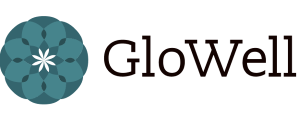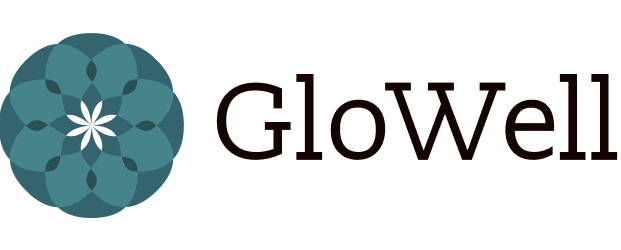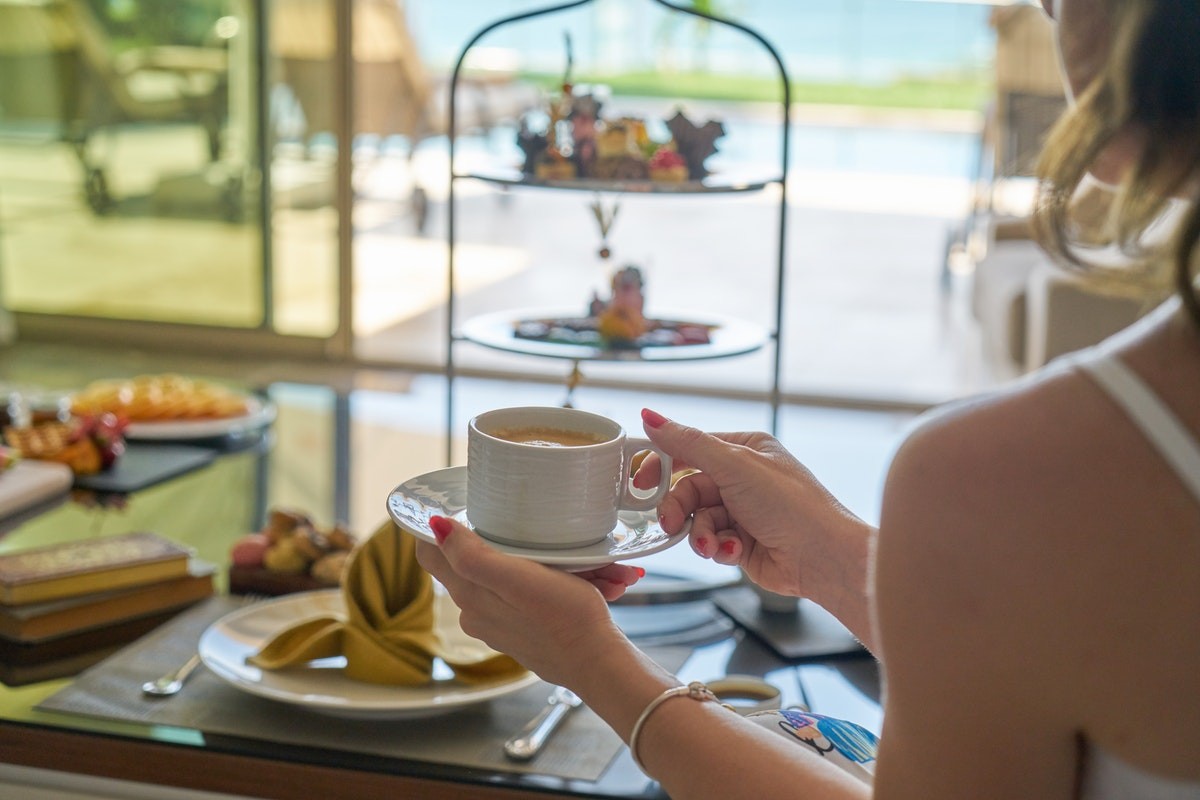Who doesn’t love their morning dose of caffeine?
Coffee is the most popular beverage in the world. We’re dripping, pouring, foaming, blending, and drinking over 400 billion cups of the stuff every year.
And that’s not the only way we’re caffeinating…
Soft drinks, energy drinks, tea, yerba mate, chocolate… mmmmm, chocolate. There are so many things around us that have caffeine, it can be hard to avoid (not that you want to, amirite?).
With so much back and forth over whether or not caffeine is bad or beneficial, I decided to look into it myself and found that the answers aren’t as black and white (see what I did there?) as they might seem.
Sometimes You Might Need More Caffeine
I know this goes against conventional wisdom, but hear me out!
Some studies now suggest that caffeine consumption could improve your health and may help reduce the risk of some cancers.
Here are a few more, less serious times when a little extra caffeine can help you out:
You Need to Sleep, but Only For a Little While
You know how you go to take a nap, swearing that you’re only going to sleep for 30 minutes, only to wake up three hours later, terrified because you don’t know what century you’re in?
Just me?
Cool.
To understand how caffeine helps you nap, you need to meet my friend, Adenosine.
Adenosine is a chemical in your brain that tells it to slow down, allowing you to go to sleep. Caffeine, as you probably know, is a stimulant. When it meets Adenosine, caffeine acts like that rude guy that cuts in line at the bank. Now Adenosine can’t deposit its check because the bank is closed.
Try A Coffee Nap:
Want a little extra boost after a quick nap? Drink a cup of coffee (or an energy drink, but beware of added sugar) right before you go to sleep and set your alarm for 20 – 30 minutes. You should expect to feel the effects of the caffeine by then, so get ready to wake up pumped!
Studying for a Test or Starting a New Job
Remember when you pulled all-nighters in school? I’d bet a few dollars that the first thing you reached for was an energy drink or coffee. Not only can caffeine help keep you more alert but it might also help you remember more.
Holy coffee beans, Batman!
A study performed by Johns Hopkins suggests that caffeine may help with both short and long-term memory. In some people, the effects of this memory-boost can last up to 24-hours! So, if you’re starting a new job or need to cram for that big test, grab your favorite go-juice and get to work.
According to the Mayo Clinic, up to 400mg of caffeine per day is safe for most adults. That’s about four and a half 8oz cups of coffee! Or two if you’re using a stronger brew, but imagine how much you could get done.
Cue the celebration and turn the coffee maker back on!
Not so fast, Buckaroo…
Before you take your 2PM coffee break, extra caffeine isn’t always a good thing. Here are a few signs that you might want to reel it in a little:
And Times You May Need Less
Let’s be honest — sometimes you can have too much of a good thing. Caffeine is a stimulant and you could be overdoing it. Just because this “drug” is legal doesn’t necessarily mean it’s the best thing for you.
Here are some signs you may need to tone it down — or give it up for good.
Feeling Anxious?
Like we talked about a little while ago, caffeine is a stimulant. If you struggle with anxiety it could increase your symptoms, causing you to feel more on edge than energized.
As anyone with anxiety or a panic disorder knows, you’re already usually in “fight or flight” mode, and too many trips to the breakroom coffee maker could make it worse.
Not sure if it’s normal anxiety or caffeine? Do a quick self-check. Too much caffeine and a dash of anxiety can cause:
- A sense of impending doom
- A heightened sense of panic
- Abnormally fast heartbeat
- Sweaty palms
- Ringing in the ears
- You feel jittery
Wait a minute! These are general symptoms of anxiety.
I know that I need to chill with the coffee when I get overwhelmed by everything going on around me. Even my own thoughts.
You Have No Energy
If you didn’t know before you know now that caffeine can increase energy levels. Did you also know it can also contribute to feeling tired?
Now, caffeine by itself doesn’t make you sleepy. Rather it’s the lack of it that pumps the brakes on your energy levels.
Remember my buddy, Adenosine, who got cut off by coffee at the bank? Adenosine didn’t just go home. It camped out, waiting for the receptors in your brain to reopen. Once the caffeine wears off, all of that buildup can rush back in, making you feel very tired all at once.
You could just drink more coffee to ward off fatigue, but you risk having trouble sleeping later.
Helpful Hint:
Caffeine may just be the patsy for that tiredness. Added sugars and coffee creamers could be the real culprit behind the mask. Make sure that you read the labels on your energy drinks and creamers ― caffeine dulls the taste of sugar, so many companies add extra sugar for flavor.
So, How Much Is Enough?
Caffeine tolerance is an individual thing. Enough for you might be too much for me.
Regardless of how you choose to consume caffeine, being mindful of how your own body reacts when you’ve had enough, or more than enough, can be the difference between a super-focused day and crashing halfway through.
Drink (caffeine) responsibly, kids!











Join the GloWell Community on Social!
Don't risk missing a single thing. Follow us on social and become part of the GloWell community.